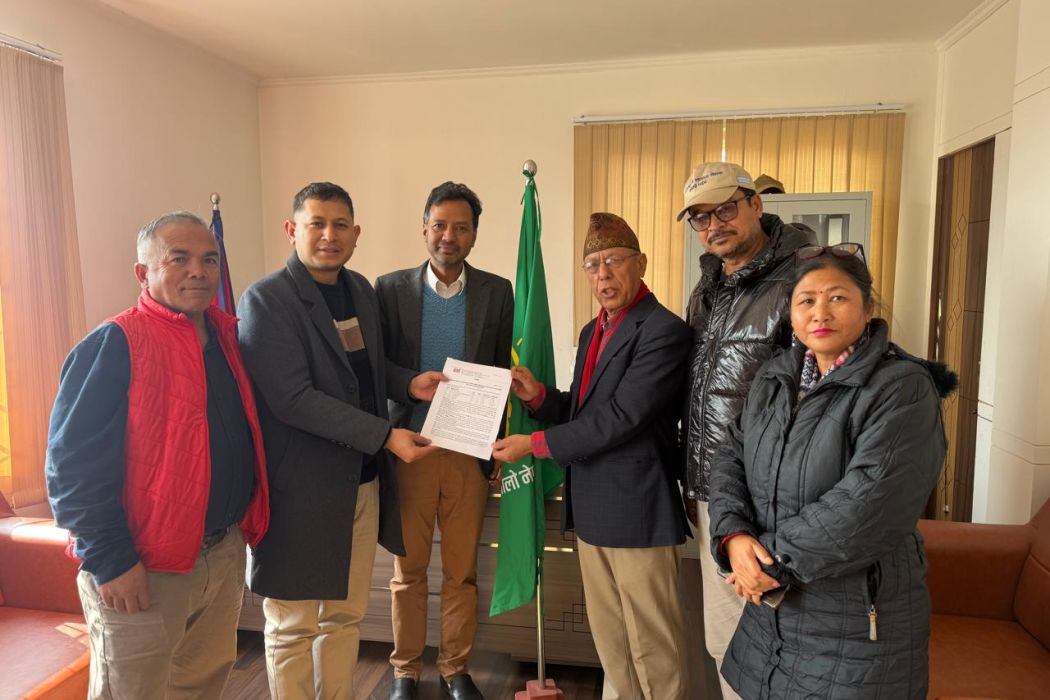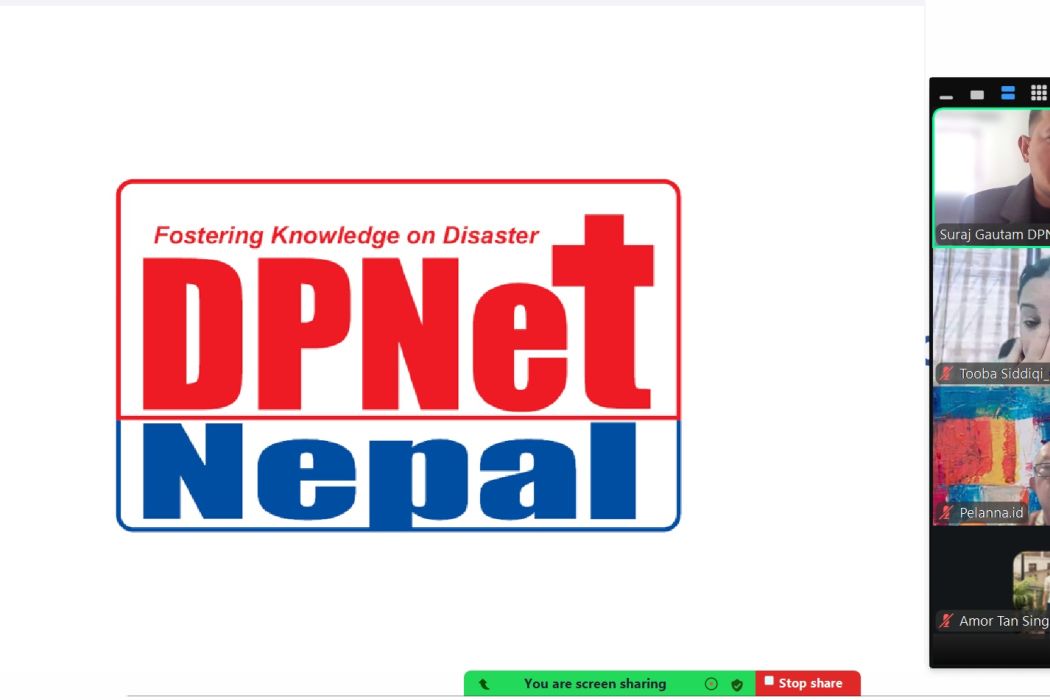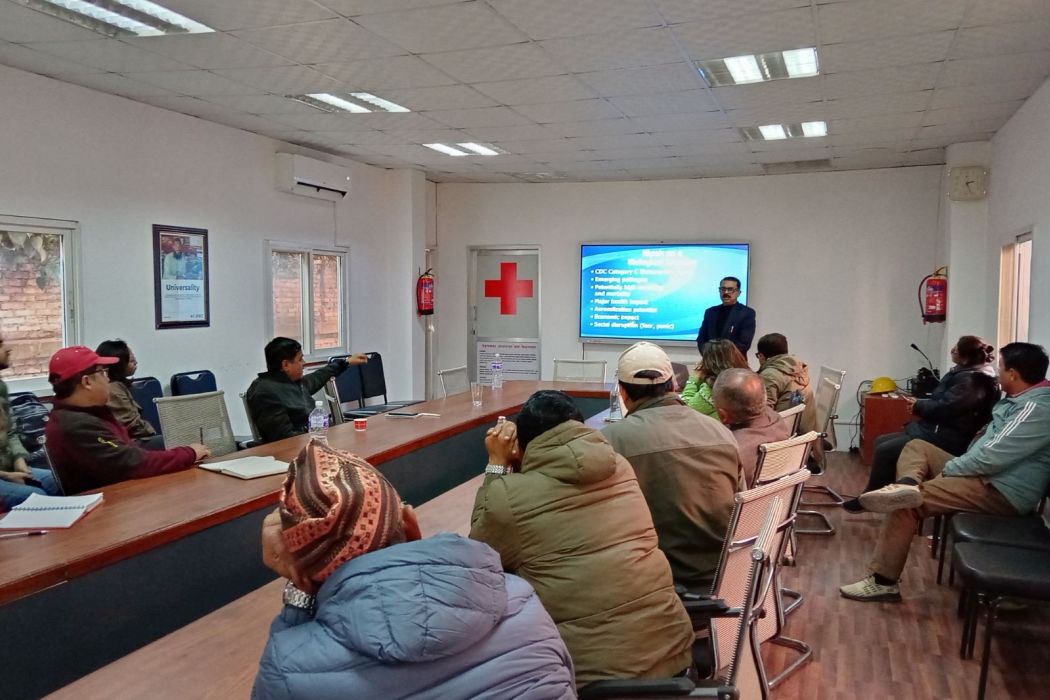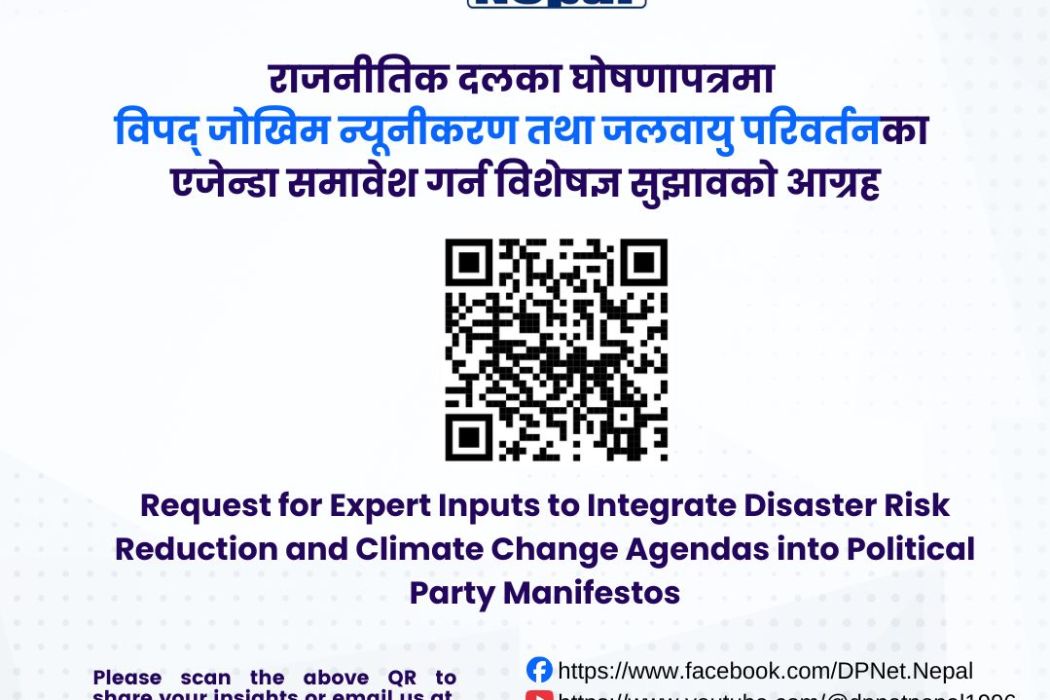Political Parties Urged to Prioritize Disaster Risk Reduction in Their Election Manifestos
Amid growing disaster risks and increasing human and economic losses across Nepal, Disaster Preparedness Network Nepal (DPNet) has called on political parties to prioritize Disaster Risk Reduction and Management (DRRM) in their election manifestos and in the policy agenda of the upcoming government.
DPNet Nepal Participates in 2026 First Quarter Meeting of SPHERE Focal Points from Asia
DPNet Nepal, the official SPHERE Focal Point for Nepal, actively participated in the First Quarter Meeting of SPHERE Focal Points from Asia, bringing together representatives from regional and international organizations including COAST, CWSA, Oxfam Hong Kong, and focal points from Japan, Indonesia, Bangladesh, Nepal, and other countries.
DPNet Nepal and NRCS Organizes Awareness Session on Nipah Virus
DPNet Nepal, in collaboration with the Nepal Red Cross Society, organized an awareness and technical discussion session on Nipah Virus (NiV) at the Red Cross Periphery. The session was facilitated by Dr. Hemanta Chandra Ojha from the Ministry of Health and Population, Government of Nepal, focusing on emerging risks, transmission pathways, and preparedness measures related to the deadly zoonotic disease.
DPNet Nepal Calls for Expert Inputs to Integrate DRR and Climate Agendas into Political Party Manifestos
January 29, 2026: Kathmandu, Nepal — DPNet Nepal has formally called for expert inputs to support the integration of Disaster Risk Reduction (DRR) and Climate Change agendas into the political party manifestos of Nepal. This initiative aims to ensure that future political commitments are risk-informed, climate-resilient, inclusive, and aligned with sustainable development priorities.
Lumbini Province Launches Provincial Platform for Disaster Risk Reduction
The Provincial Platform for Disaster Risk Reduction (PPDRR) of Lumbini Province has been officially established to enhance disaster risk reduction and management through strengthened multi-stakeholder coordination. The platform was formally announced during a program held on 26 January 2026 at the Ministry of Internal Affairs and Law, Deukhuri, Dang.
NDRRMA Congratulates Newly Elected DPNet-Nepal Executive Committee
The National Disaster Risk Reduction and Management Authority (NDRRMA) hosted a welcome program on January 22 to congratulate the newly elected Executive Committee of the Disaster Preparedness Network Nepal (DPNet-Nepal), led by Dr. Basanta Raj Adhikari, following the successful conclusion of DPNet’s 17th General Assembly.





